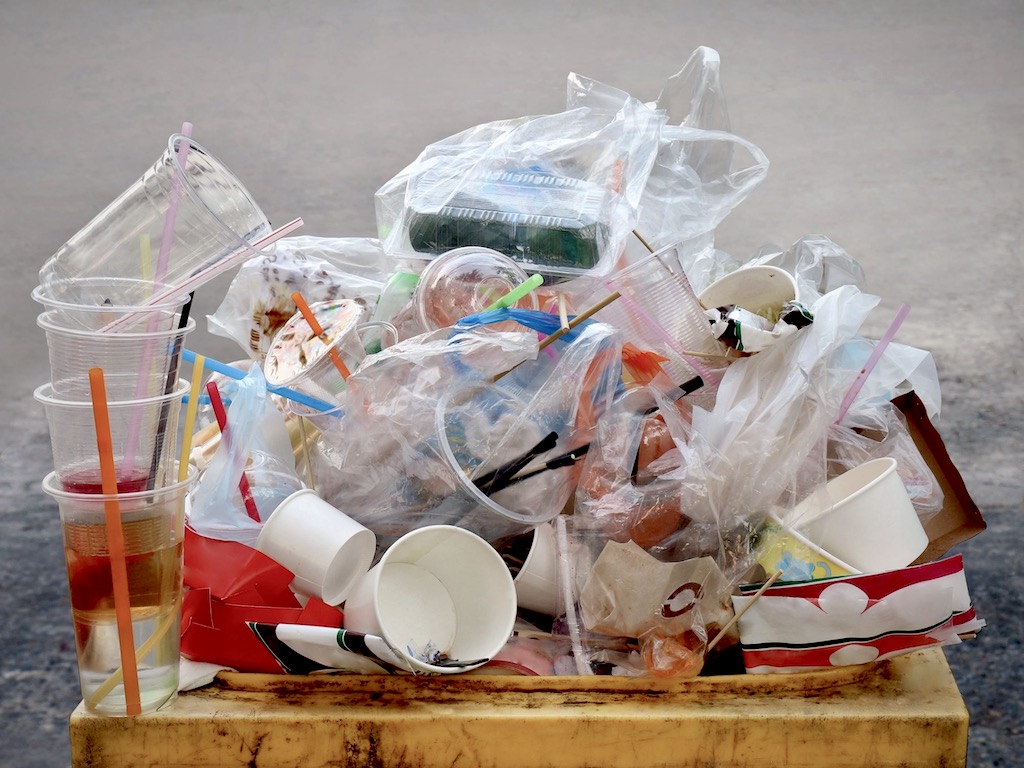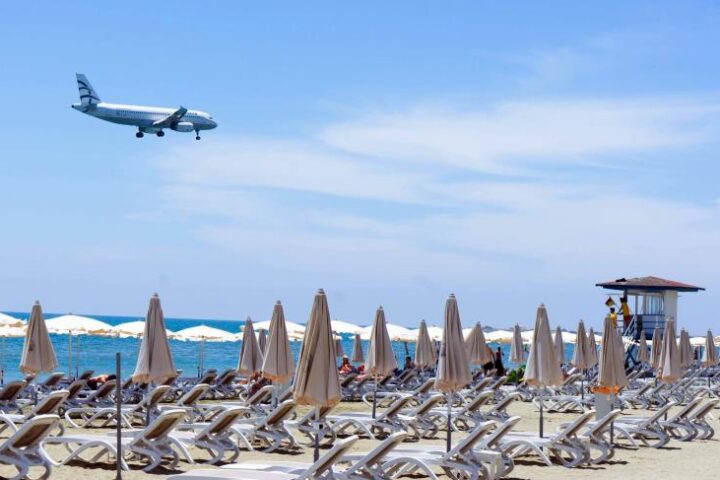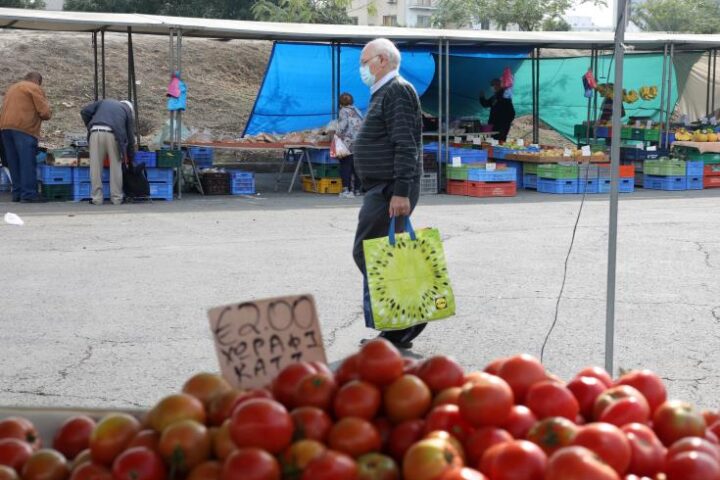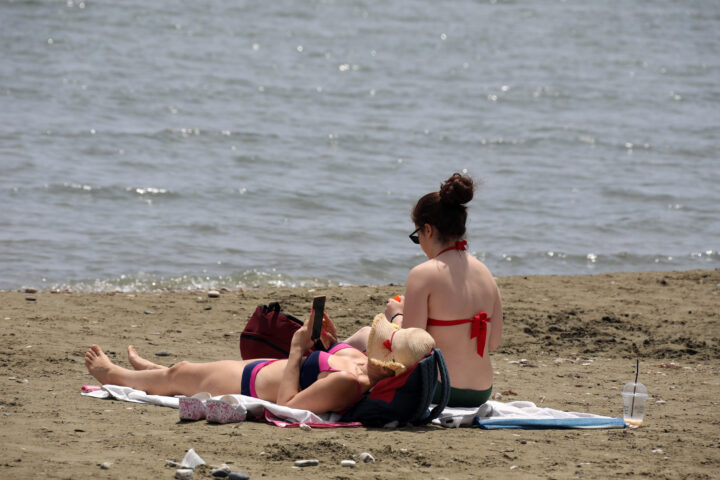Plastic straws, cutlery, plates, and cups will soon be outdated as Cyprus joins the rest of the EU in introducing an outright ban on single-use plastic items from 1 October to reduce pollution.
People shopping for groceries must take their own bags, as plastic carriers are also be banned as of 18 February next year.
In an open letter to the media, Cyprus Green Party leader Charalambos Theopemptou reminded the public that an EU directive banning single-use plastics would be coming into effect next month.
He reiterated that many other goods are to be banned, too, such as single-use chopsticks and food and drinks containers made of expanded polystyrene (foam).
From 1 October, no such products should be sold at shops or handed out at hospitality venues.
The law, necessary to harmonise Cyprus with an EU directive banning single-use plastics in the bloc from July 2021, was only adopted into national law earlier in the year.
The law allowed retailers to sell single-use plastic products until 30 September if they had imported them before 3 July 2021.
Theopemptou bemoaned that many retailers and shops have been buying and supplying their customers with plastic goods from the Turkish-occupied north.
In April, the environment department stated that some products, such as wet wipes, pads, tampons, and even tobacco products with filters containing plastic, are included in the scope of the directive.
The 10 items banned in the EU and replaced by sustainable alternatives:
- Cotton bud sticks
- Cutlery, plates, straws
- Plates
- Straws
- Stirrers and
- Balloon stick holders
- Food containers from expanded polystyrene
- Cups for beverages from expanded polystyrene
- Beverage containers from expanded polystyrene
- All products made from biodegradable plastic
Single-use plastic products (SUPs) are extremely harmful to the environment and human health as they are used for a short period before being thrown away.
They are more likely to end up in seas than reusable options, finding their way back to our tables, this time in food.
According to the EU, the 10 most commonly found single-use plastic items on European beaches, alongside fishing gear, represent 70% of all marine litter.










